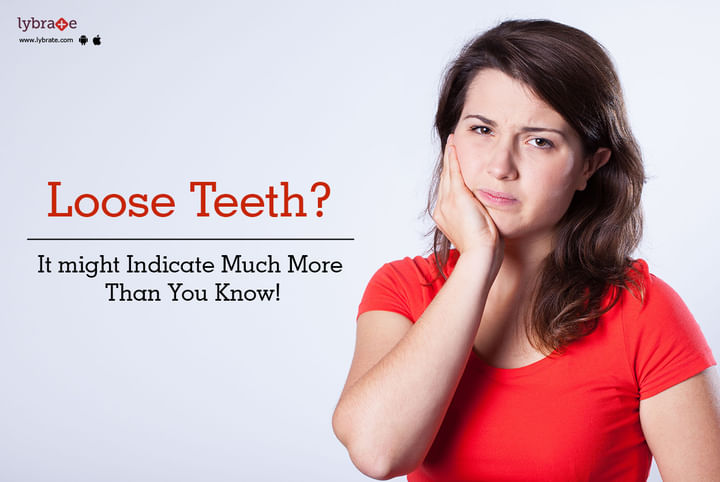Loose Teeth? It might Indicate Much More Than You Know!
You know you're suffering from loose tooth if it moves when you brush or while eating. In fact, loose tooth is an indication that you may suffer from an underlying dental problem. Thus, it's vital to be aware of the problems that may cause you to suffer from tooth mobility.
Here are some of the culprits behind your loose teeth.
1. Periodontal disease - Loose teeth problem can occur if you suffer from periodontal disease. This oral condition causes the bone and ligaments that surround your teeth to get weakened. The problem begins to occur once plaque begins to form on your teeth, more specifically around the gum line, leading to the formation of tartar. Eventually, the gums become inflamed causing periodontal pockets to form around the affected tooth or teeth. The result is bone loss and damage to the connective tissues.
2. Osteoporosis - The condition of osteoporosis sees the bone density around your teeth decreasing, resulting in the problem of loosened teeth. Women with osteoporosis are known to be three times more prone to tooth loss than women who don't suffer from this problem.
3. Pregnancy hormones - High estrogen and progesterone hormones during pregnancy can influence the bone and ligaments surrounding a tooth to loosen. If not accompanied by any other dental complication like periodontal disease, it only causes the problem of tooth mobility.
4. Traumatic injury - The connective tissue and the periodontal ligament that keep your teeth in place can become stretched if extreme pressure is placed on them. Whether it's an accident or a fall, any kind of strain to your mouth can harm the bone and ligaments that surround your tooth. Even grinding your teeth or clenching of the jaws can cause the periodontal ligament to get stretched, causing the loose tooth to occur.
'Consult'.
Related Tip: Is it More Important to Brush Your Teeth in the Night Than in the Morning?



+1.svg)
